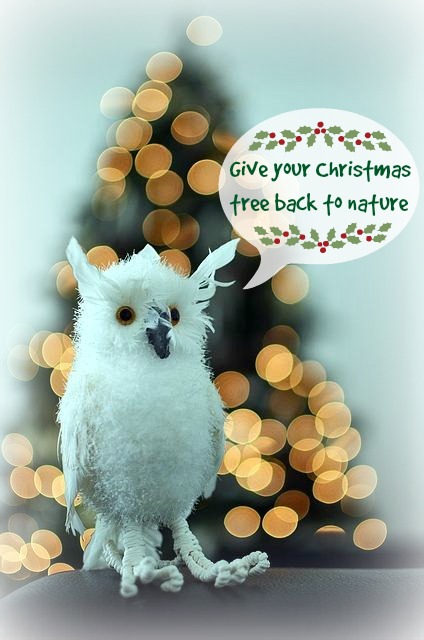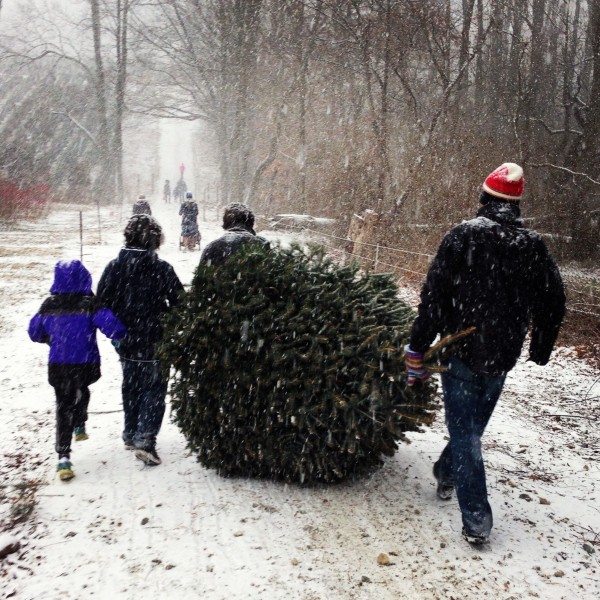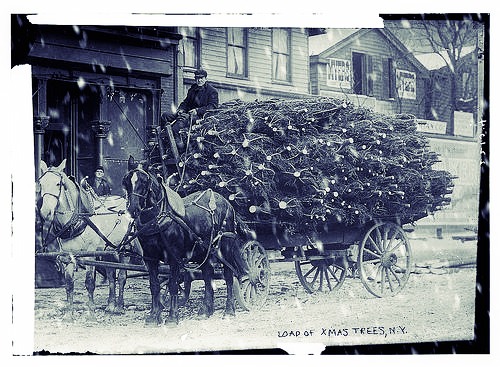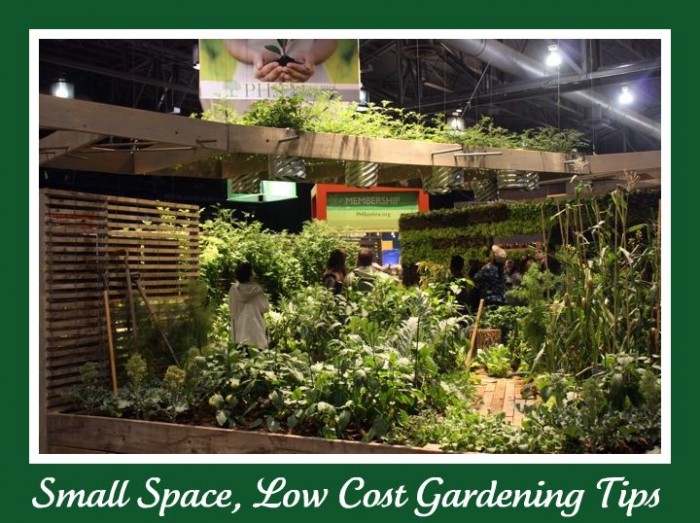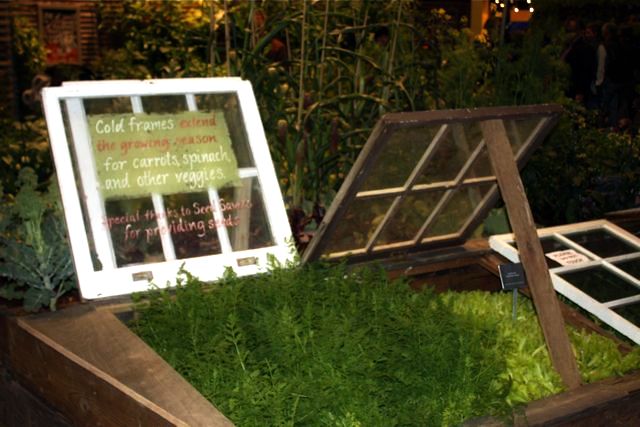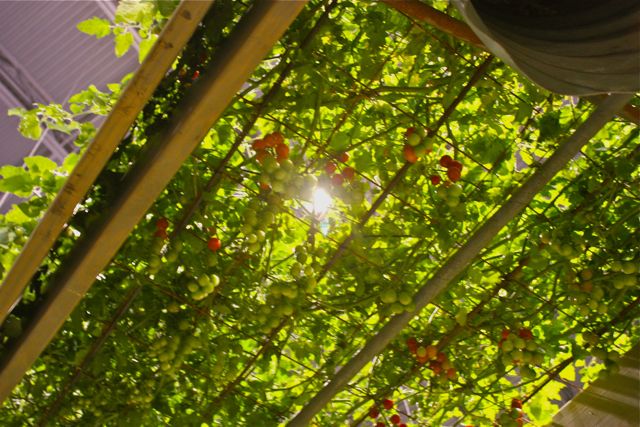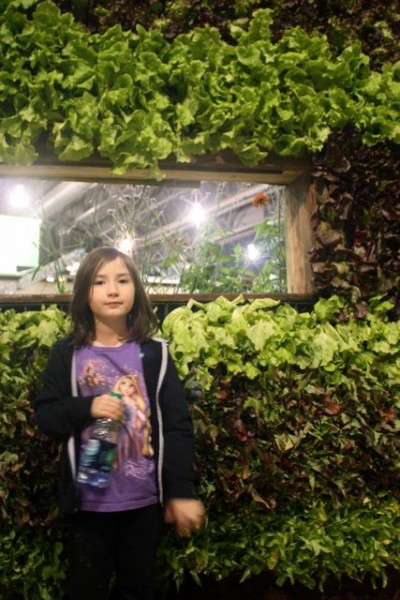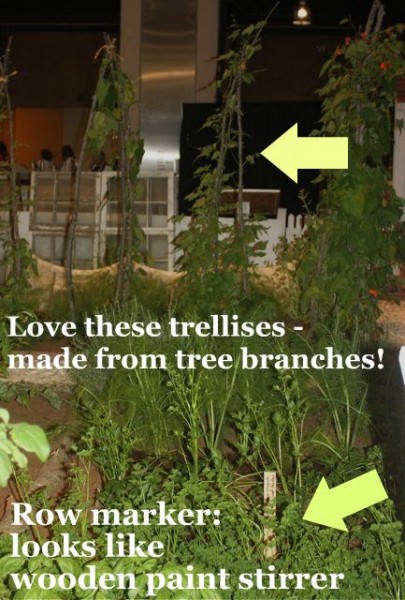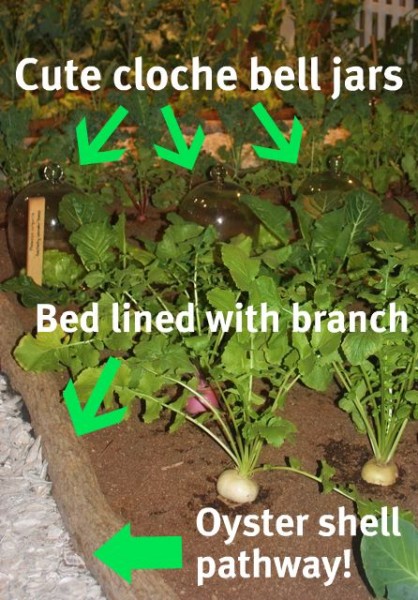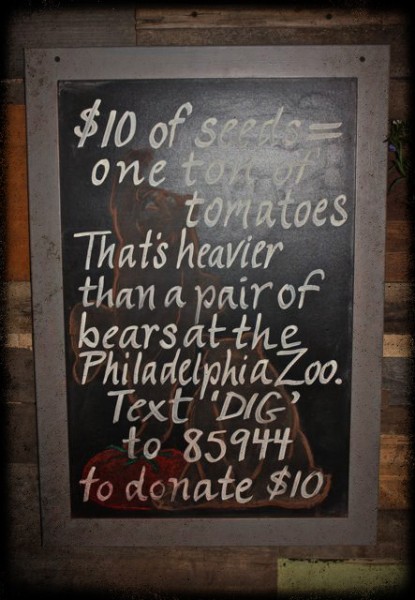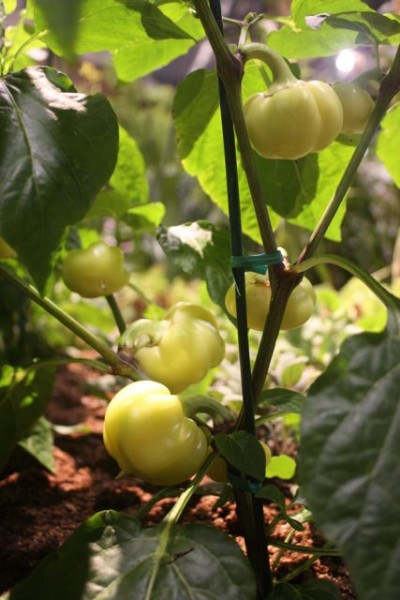To dwellers in a wood, almost every species of tree has its voice
as well as its feature.―Thomas Hardy, Under the Greenwood Tree
The ball has dropped, it’s after New Year’s and time to undeck the halls and untrim the trees. Every year I see tons of trees sitting curbside waiting to be picked up with the trash and taken to the landfill; it makes me sad that they had purpose for such a short time. While I do think real trees are better than fake (especially if you buy one from a local, family owned business!) we can do better, people.
Get more out of your Christmas tree: repurpose or recycle it by giving it back to nature.
Gimme shelter
Birds and other wildlife need shelter from the elements and any stray cats or other predators that may be lurking. Simply drag your tree out to the yard rather than the curb, or make a brush pile with the branches. A simple family family project if you’re feeling festive is to hang some pine cone “ornaments” rolled in peanut butter and rolled in sunflower seeds to decorate your gift to your feathered and furry neighbors. (More edible ornament ideas for wildlife here.)
Mulch much?
Insulate your flower beds against cold temps with your pine needles. They’ll also suppress weeds, help retain moisture without allowing the soil to become compacted and are especially good around acidic-favoring plants like roses. Pine needles are soft to walk over, and just look more natural and woodsy than your typical store bought mulches— you’re not going to get a ton out of your one tree, of course; consider asking your neighbors if you can have theirs too.
If you’re local (upper Delaware), you can drop your tree off at a DNREC site where they’re recycled with other yard waste and ground into mulch. I believe this mulch is available periodically for New Castle County residents for free.
Worm Food
If you’re a composter, pine needles will keep your pile nice and fluffy so it stays aerated and “hot.” They can take a while to break down though, so it’s recommended that you either run them over with a lawn mower before adding or use the needles that have already spent a season pulling mulch duty. Keep pine needles to about 10% of your total compost pile at any given time.
Donate
Check around for local restoration efforts or animal sanctuaries that are asking for tree donations. In Louisiana they use them to restore the wetlands; in other places leftover Christmas trees preserve sand dunes. Locally, the Tri-State Bird Rescue adds trees to the birds’ cages for “cover, perches and warmth” and to make them more natural, less stressful; you can take evergreens there from 9-5 seven days a week. Some zoos and animal sanctuaries will accept trees for animal enrichment (drop off to the main lot of the Plumpton Park Zoo in Maryland, locals).
I’ve also heard that people hang on to the pine needles, sealed tight in the freezer, and simmer on the stovetop or pack into sachets for natural air freshening. I’ve not tried this so I don’t know how effective it is, but it can’t hurt to try.
Any other ways to repurpose or recycle your Christmas tree? Let me know!
